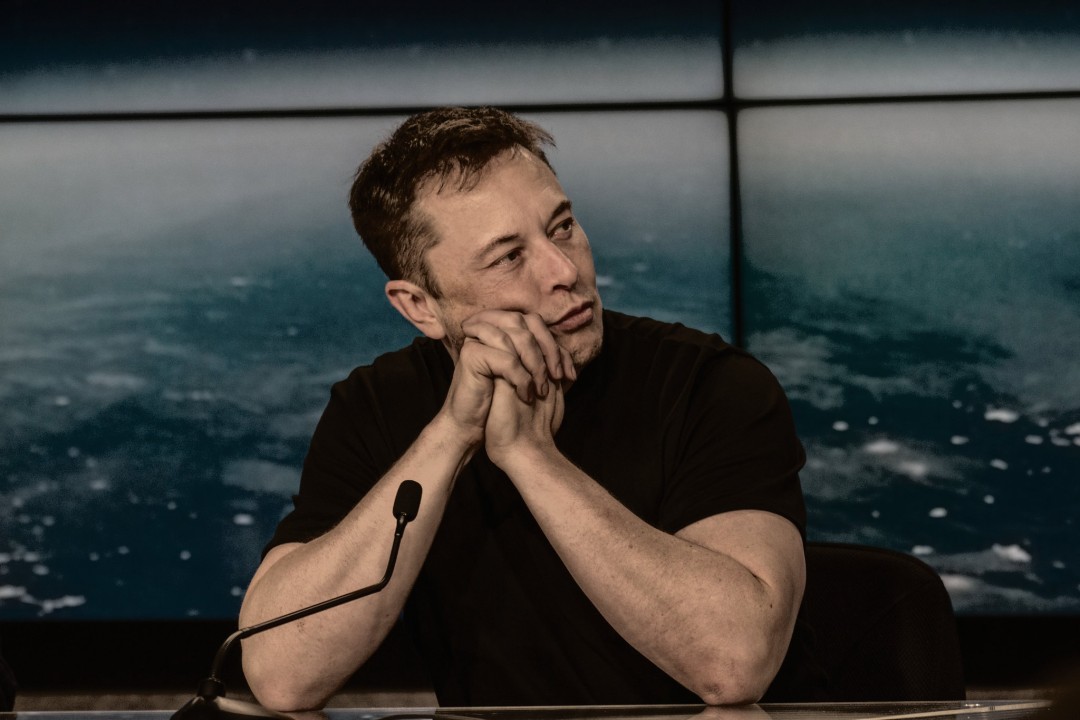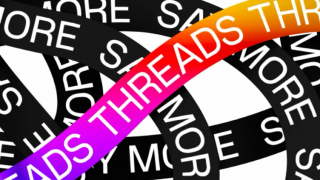Elon Musk is driven to improve the world, focusing his investments on such areas as sustainable energy, the internet, and making like multi-planetary. So where does buying Twitter fit into his plan?
For someone who plans to send people to Mars as early as 2024, becoming a ‘new media’ mogul seems an odd choice. And for that decision to focus on the value of free speech by saying, “Twitter is the digital town square where matters vital to the future of humanity are debated,” has opened a heated philosophical debate about what free speech means.
Ironically, freedom of speech appears to be one of the reasons Twitter users eventually leave the platform. The toxic environment of Twitter may be why the social network hasn’t reached the heights of Facebook, Instagram or TikTok.
At an all-cash offer at a decent premium, Musk struck the deal to buy Twitter for $44 billion. It’s not a done deal, though. While the Twitter board has agreed to recommend his offer to shareholders, debate has already ensued over just how serious Musk is, given that his tweets directly targeting Twitter employees seem to be deliberately in violation of a clause in the deal forbidding him to say negative things about Twitter and its employees. No sweat, though, as the exit penalty’s only $1 billion…
Personally, I’m optimistic about the influence of Musk on Twitter, especially in light of Twitter’s value as a channel in the communications mix. To explain why, let’s first be honest about the social network’s challenges:
Challenge 1: Bots on Twitter spread misinformation and damage reputations
“Bots” – automated social media accounts – are rife on Twitter. It’s estimated that 15% of all accounts on Twitter – a whopping 59 million profiles – are bots. Not all bots are harmful; some are harmless fun. But as communications professionals, we often see bots spreading misinformation and causing reputational harm. It’s a risk factor of Twitter (but also on the internet generally).
Musk’s ambition: Authenticate all humans on Twitter to drive out spam accounts. Might this also be enough to remove some of the toxicity from Twitter? People may be less willing to be argumentative keyboard warriors when their real identities are known.
Challenge 2: Cutting through the noise and investing in the right content areas
The unwieldy powerful influence of social media has long been debated. The Cambridge Analytica scandal showed how user data was gathered from a third-party app with the intent of targeting political advertisements, resulting in a drastic reduction of the data companies can now access from social networks. For companies using Twitter as a communications channel, knowing where to invest time in content and how to cut through the noise of the newsfeed is a daily challenge.
Musk’s ambition: Make Twitter’s algorithms open source. This isn’t such a radical idea, given incoming regulations from the EU’s Digital Services Act and proposals in the US for an Algorithmic Accountability Act. It may help users regain trust in Twitter and assist companies to invest in content in the right areas.
Challenge 3: The social spotlight is in other places right now
As of January 2022, Twitter wasn’t even in the top 10 most popular social networks: At 436 million active monthly users, it sits at number 15. To put that into perspective, Facebook and YouTube monthly numbers are 2.9 billion and 2.5 billion, respectively. And when it comes to innovative features, Instagram, TikTok and Snapchat stand out.
Musk’s ambition: Develop new features for Twitter, presumably that will convince the largest Twitter profiles to begin tweeting frequently again.
Twitter may truly be the digital town square. What’s unclear is whether Musk is a genuine social media mogul prepared to dedicate time to solving a complicated social network – or if he’s just another town crier.





